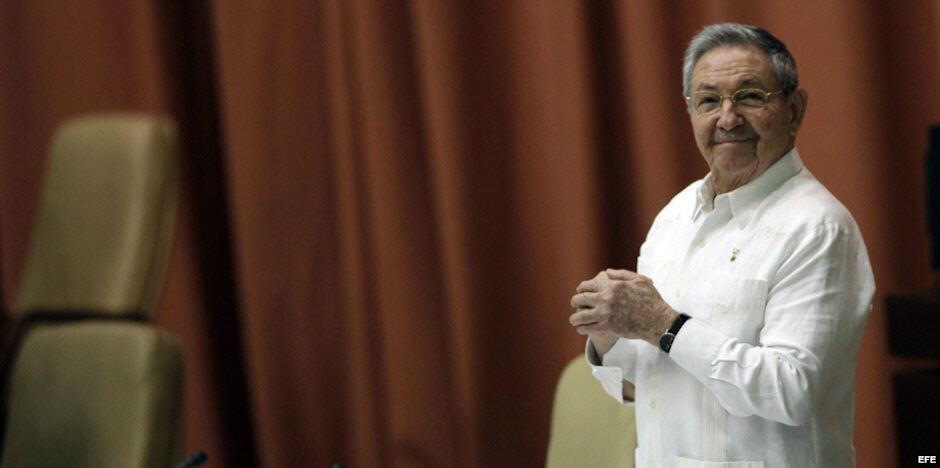 The man looks like himself. That’s why, I don’t hit it off with hate. It’s true, I was born and raised surrounded by men who love to speechify and believe themselves owners of the absolute truth, so much that they imposed it by force with total impunity.
The man looks like himself. That’s why, I don’t hit it off with hate. It’s true, I was born and raised surrounded by men who love to speechify and believe themselves owners of the absolute truth, so much that they imposed it by force with total impunity.
Maybe that’s why some days ago was I surprised myself thinking that separating myself from that government group to which I am genetically tied, more than anything, was due to a strange defect or capacity that I have for accepting criticism and enjoying those insults that for some are attacks and for me, charming primitivism.
I learned. As also I learned to look at Cuba without passion and to see that the Cuban government makes itself stronger every day relying on division and that’s why it uses two principal strategies: one — which is a matter solely for Cuba and Cubans — and another for outdoors, directed to planetary opinion and solidarity transforming our small country in sustained headlines of magazines and news headlines.
Internally it divides society, twists co-existence and feeds the ineffective culture of confrontation between generational groups, between revolutionaries and counter-revolutionaries, desirous of prominence, but fundamentally between rich and poor because — as we already know — socialism loves the poor so much that it multiplies them to make them overrate charity.
Before the world it is something else, evident these days. The government took advantage of the insufficient response of the international community in the face of the crisis unleashed by the spread of the Ebola virus, and executing a maneuver that besides humanitarian is attractive and magisterial, turned itself into one of the main assistance providers to western Africa sending 165 Cuban health workers and preparing, always publicly because without applause there is no victory, the departure of another group with 296 doctors and nurses.
Ebola went out of control in such a dizzying way that it made the health systems of Liberia, Guinea and Sierra Leone collapse; then Cuba, the greater of the Antilles, the “blockaded” country, delivers with false altruism economic and human resources to the noble work of saving lives.
Impossible not to praise; before such colossal facts what does it matter to Ban Ki-Moon or any other important member of international organizations, that in Palmarito de Cauto they kick another “delinquent.” Understand the irony, the correct thing is to say dissident.
I am not a red, I am a realist, which although it begins with R is not the same nor is it written the same. I clarify because I also see that the Cuban opposition continues gaining popularity, above all in virtual spaces, but still it does not capitalize on the discontent of millions of people, of a real population that is disappointed by the system, that does not want to be represented by anyone who victimizes it. They forget that Cuban society has been saturated with stories of sacrifice and raising pedestals.
Reality seems to walk in the opposite direction desired by many. Cubans want to smile and get to the end of the month without predicaments. That’s why they look with respect and even with a tad of healthy envy at the new entrepreneurs (I don’t like calling them self-employed) and at the artists that prevail at opening doors. For them, these are the real symbols of individuality, the true vanguard and the most effective creators of popular inspiration because today even sovereignty is a personal concept.
Translated by mlk.
14 October 2014
